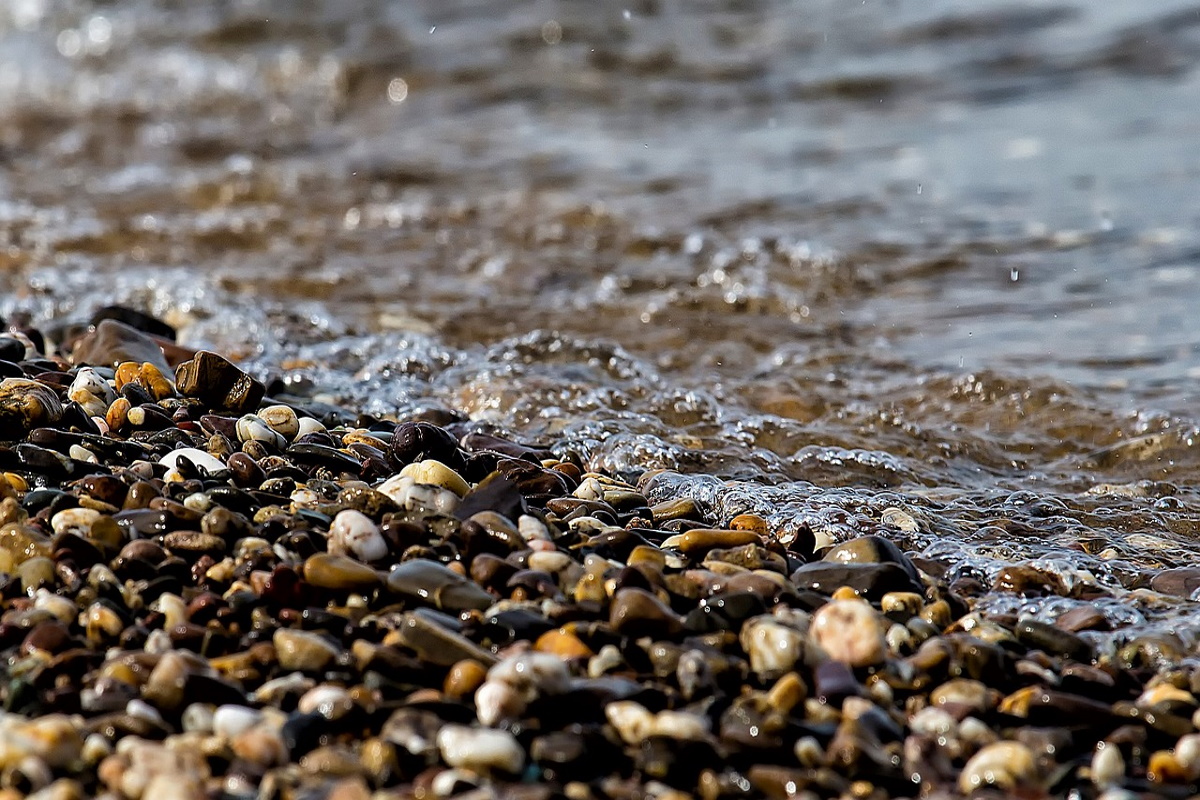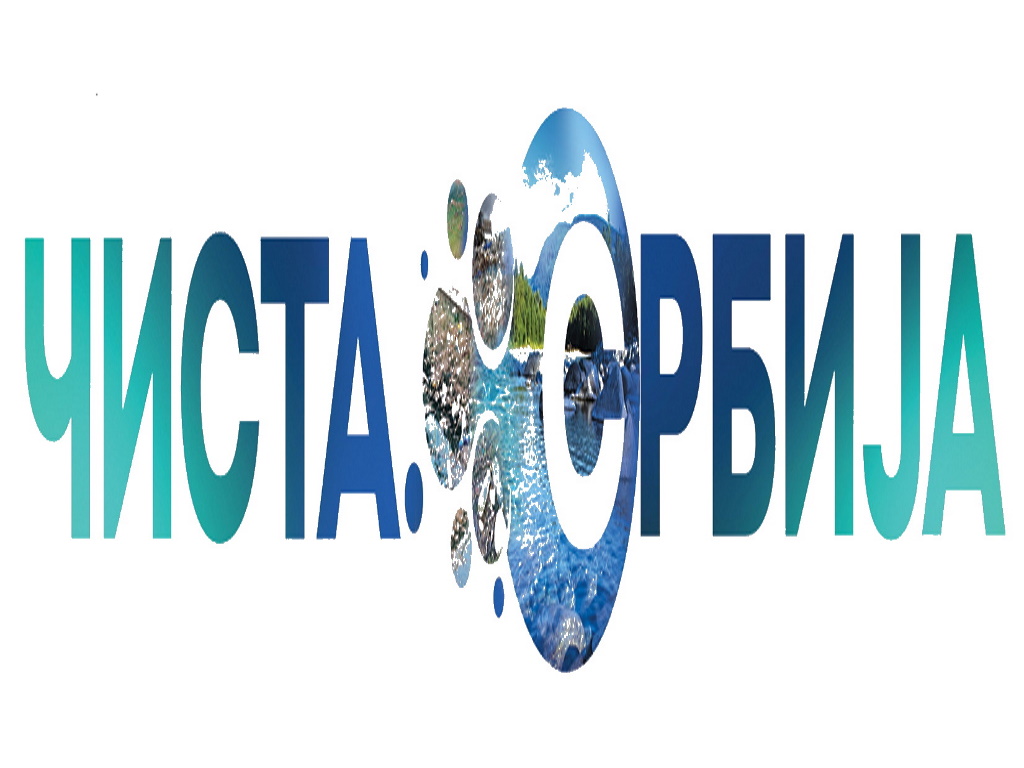A group of experts and non-governmental organizations from 11 countries published a list of 88 priority rivers for protection and called on the countries of the Western Balkans, signatories of the Berne Convention, to expand the Emerald network, the Organization for Political Ecology and the Initiative announced “The right to water”, reported by Agropress.
The Emerald Network was established by the Council of Europe in 1989, according to the Convention on the Conservation of European Wild Flora and Fauna and Natural Habitats (Bern Convention), and it consists of areas of special importance for nature protection in order to preserve plant and animal species in their natural habitats.
It is recalled that, as signatories of the Berne Convention, Albania, Bosnia and Herzegovina, Montenegro, North Macedonia and Serbia began inclusion in the Emerald network in 2011, when they proposed a small number of areas for protection.
To date, no country has expanded that list – most areas do not have any protection under national legislation, no one manages the areas, and systematic collection is not ensured data or necessary resources, it was stated in the announcement.
Because of all that, as pointed out, most rivers and fish species are still not protected. The list of rivers that was published is the result of the Emerald Green seminar organized by the non-governmental organization CEE Bankwatch Network in December 2022.
The participants of that seminar collected relevant scientific data on certain fish species and their habitats, on the basis of which a list of rivers that should be included in the Emerald network was prepared.
It is recalled that the Western Balkans is a globally important focal point of biological diversity, especially when it comes to freshwater species and habitats, according to Agropress
Mountain ranges, rivers, lakes and coasts are home to numerous endangered species and are important habitats for numerous endemic species that live nowhere else.
When compared to the rest of Europe, most rivers in the region are in good or very good condition, and many are ideal candidates for protection, as recognized by the published list.
Biodiversity expert, CEE Bankwatch Network Andrej Ralev said that river protection and good implementation of the Emerald network is a long-term process that requires cooperation between governments, experts, non-governmental organizations and local communities.
– Our proposal, which is based on exhaustive scientific data on fish species in the region, is an important contribution to that process. The next step is to support the governments in the region in preparing official proposals for new Emerald areas – he said.
The president of the Ecological Association “Rzav” Nataša Milivojević said that the gathering of experts who, through their many years of work, have shown that they have valuable data on biological diversity in the region, show that the seminar was a great idea that will represent a mechanism to encourage and incentivize decision makers for faster declaration of Emerald areas and their sustainable management.
Legal expert of the Organization for Political Ecology Polekol and the initiative “Right to Water” Strahinja Macić pointed out that Serbia is characterized by great genetic, species, ecosystem and landscape diversity, as part of the Balkans it is one of the six centers of European biodiversity.
– However, this natural diversity is only a small part of the Emerald areas, which are of great importance for the protection and preservation of wild plant and animal species and their habitats – he said.
He added that new Emerald areas have not been proposed since 2011, so he considers the results of the seminar to be a valuable and good basis for proposals for new areas, with a special emphasis on river basins of transboundary watercourses, states Agropress.



